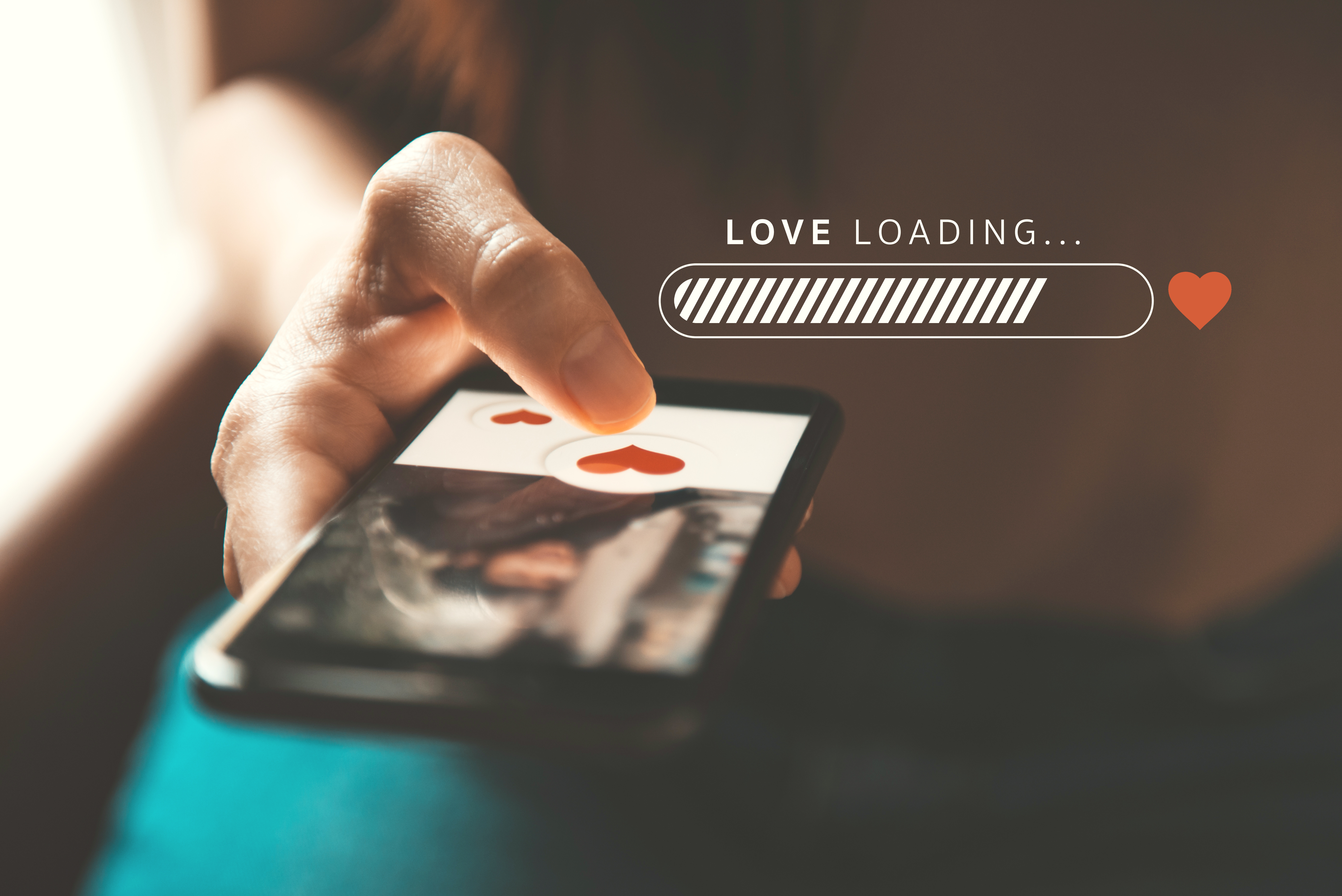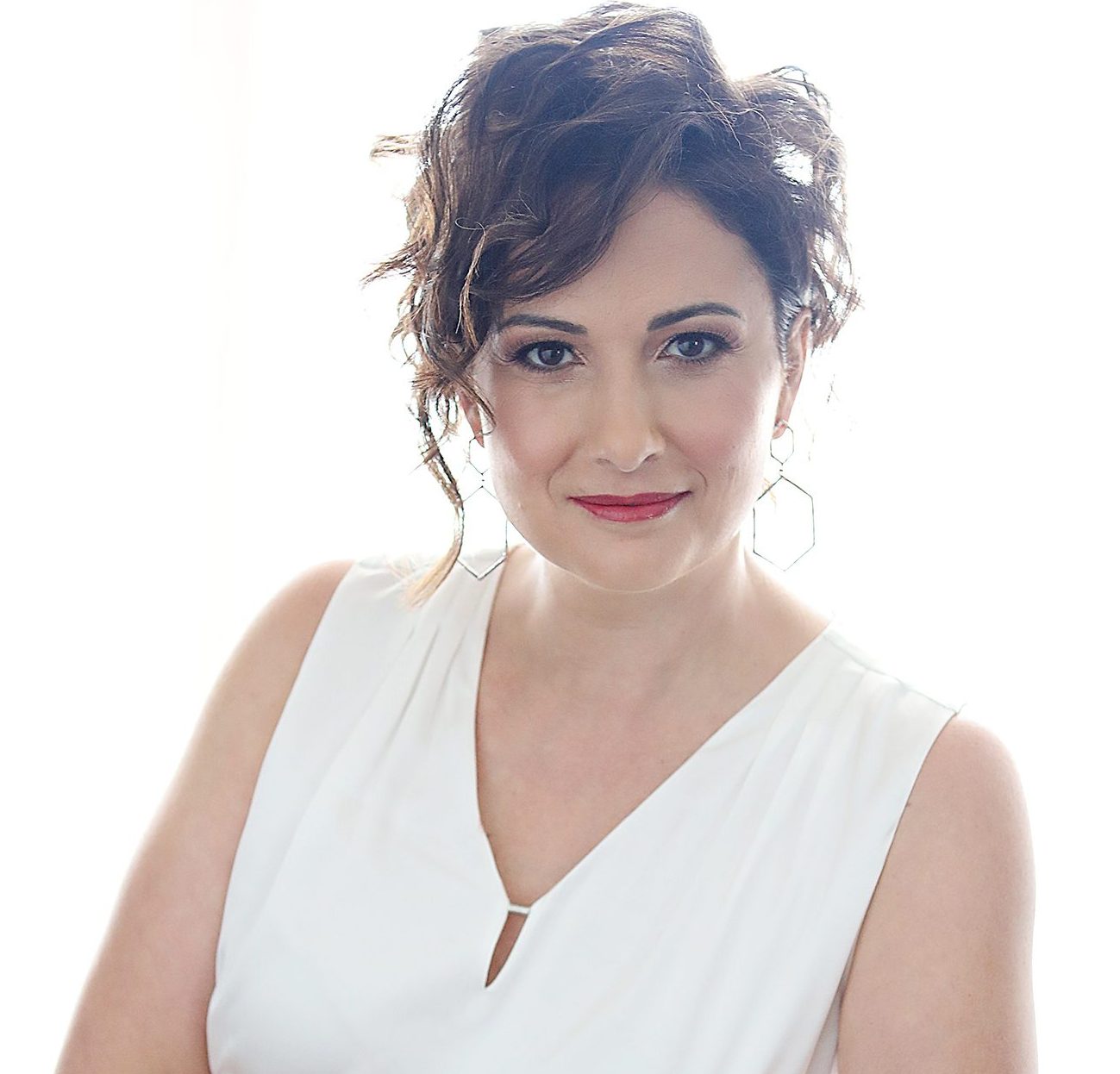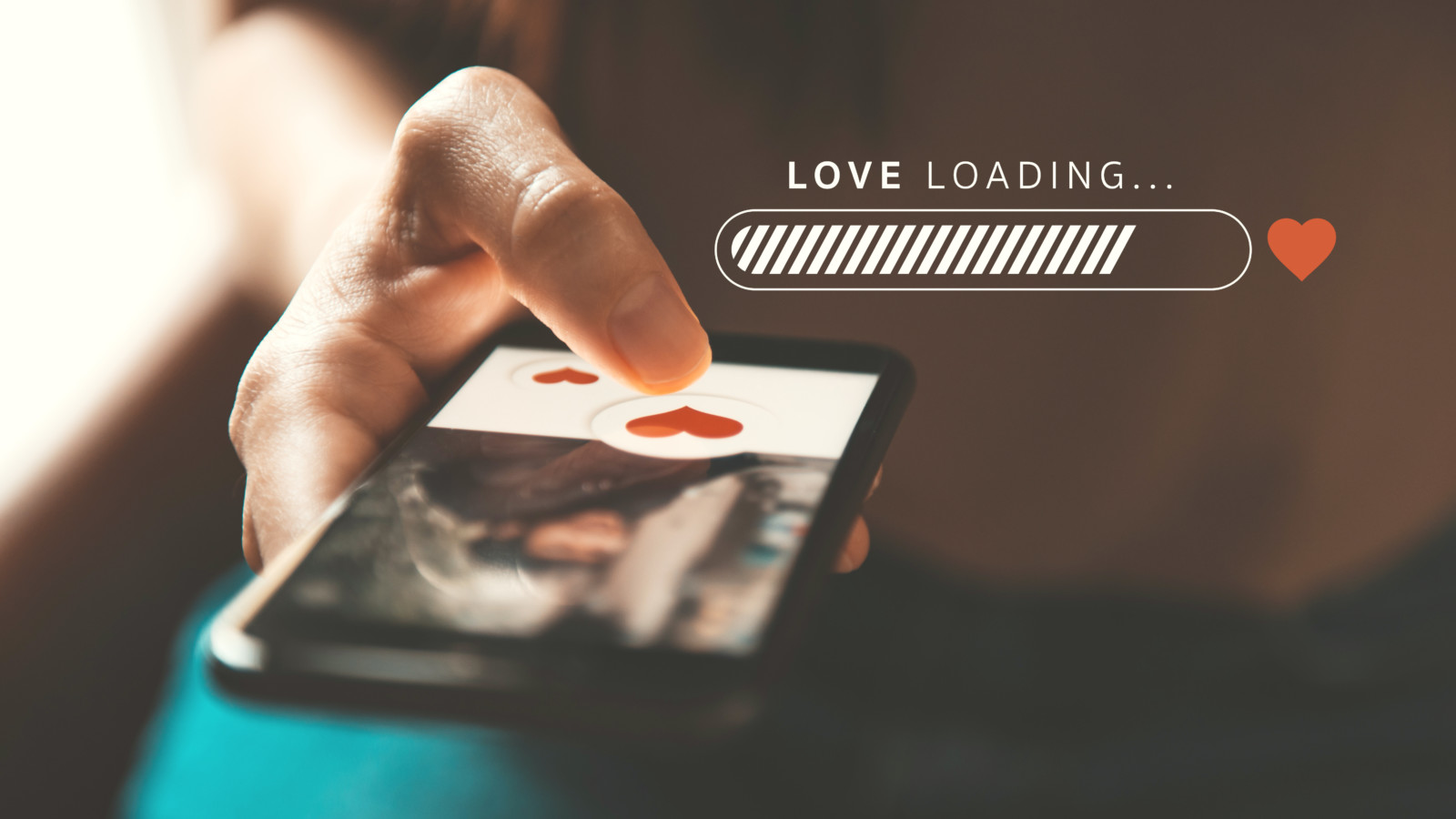
It was a busy weekday when my phone rang. The number flashed across the screen, and I immediately smiled and answered – it was my matchmaker! After moving to Louisiana, I had taken some time to settle into the area, and now I was ready to date. I reached out to a matchmaker, and today, I’d learn about a potential new partner.
The matchmaker greeted me and announced, “I am excited to match you with Bobby!” I felt curious, my smile waver, and my eyebrows raise. Before she said anything more, I immediately started building a mental image of Bobby’s physical appearance, political beliefs, and even the car he drove. Just from hearing his name, I felt certain he was a white male, tall, politically conservative, and drove a gray truck.
As if reading my mind, the matchmaker continued: “Bobby is a white male, 6-feet tall, and has a head full of hair. He’s a great catch!” Did I have some sort of psychic ability? Her physical description of Bobby only seemed to confirm my assumptions, and I caught myself making judgements about who he was as a person. Of course, I had not discovered hidden psychic talents. Instead, my own unconscious biases were influencing my perception of Bobby – and I hadn’t even met him! The matchmaker’s description was focused on qualities that some people think are important, but these surface-level traits just add to the assumptions that we have about others. When we focus on physical attributes instead of getting to know people for who they really are, we contribute more to our biases.
As a business consultant, I share insights with executives about the harms of unconscious bias in the workplace and how these stereotypes negatively affect hiring and promotion decisions. I am intentional in my work, and I spend a lot of time analyzing company demographics, assessing business practices, and interviewing employees to detect implicit biases. Imagine my surprise when I discovered my own unconscious biases were affecting my dating life! I was making assumptions about potential matches before meeting them, and these judgements influenced whether I was interested in a first date.
Unconscious biases are the automatic thoughts and beliefs we have buried deeply in our minds that resurface when we encounter people who are different from us. Our upbringing, past experiences, and even media can fuel these attitudes, and often we are not aware we have them. These biases serve as mental shortcuts that allow us to process information faster, but they are problematic because they lead to quick judgments that affect how we treat people of a different race, gender, socioeconomic background, or sexual orientation. Whether we are making an assumption about someone based on their religion or the amount of hair on their head, we are engaging in harmful thought patterns that add to our biases. If we continue to be unaware of these implicit thoughts, they can easily influence every aspect of our life and every decision we make, including who we date, without us realizing it.
Unconscious bias in relationships is not unique to my personal dating life. When we think about how most dating apps and websites work, many promote finding a partner based on physical appearance and basic criteria that feeds the unconscious biases. In fact, some apps encourage us to swipe right or left based only on a photo. When we do this, our biases resurface in these quick decisions. While dating sites may seem like an easy way to meet people, making judgements on physical characteristics – or even just a name – can hinder our ability to get to know someone’s true self and form meaningful relationships. Statistics have shown that dating app algorithms learn from our biases and curate our feeds based on our implicit thoughts. An analysis of OkCupid matches showed that “Black, and Asian men receive fewer messages than white men, while black women receive the fewest messages of all users.” These findings highlight the way unconscious biases affect nearly every aspect of our lives, even leading to prejudiced dating algorithms. Our quick decisions may lead to a lack of diversity in our workplace, friend groups, and even missing out on healthy relationship matches.
As it turns out, Bobby and I did not make a good match after all. Funnily enough, he was politically conservative, and he even drove a gray truck! These characteristics, however, were purely a coincidence and not a result of my own intuition. As with many situations in life, the matchmaker focused on exterior qualities instead of matching our values, and this was not enough to create a deep connection.
I am still glad I met Bobby because it was a great way to practice putting my biases aside and to make an informed decision about whether we were compatible. I was intentional in my actions and decided not to let my initial judgements get in the way. We can all do this. The first step of understanding our biases is to recognize everyone has unconscious biases. It is part of being human. However, we need to be intentional in managing these attitudes. To start, we can:
Be curious by reflecting inward and looking beyond our gut reaction to give others a chance. This means becoming self-aware, questioning our biases, and observing how we are projecting our judgements onto others.
Be courageous by challenging ourselves to expand our friendship and dating circles and choosing to interact with people we may have quickly ignored in the past.
Be committed to forming meaningful relationships – whether in dating, hiring, or finding friends. Choosing to address our unconscious biases is a lifetime commitment that requires us to recognize the stereotypes we hold and evaluate how they impact our choices.
The best match for each of us is out there, and it is important to realize that they may look different than we imagined. When we give into negative prejudices, we end up limiting our options, resulting in a lose-lose situation for all. We can address our biases by focusing on getting to know people in a meaningful way, instead of jumping to conclusions based on physical appearance – even if we do encounter a 6-foot-tall man with a head full of hair.
__________
Dima Ghawi is the founder of a global talent development company. Her mission is providing guidance to business executives to develop diversity, equity and inclusion strategies and to implement a multi-year plan for advancing quality leaders from within their organization. Through keynote speeches, training programs and executive coaching, Dima has empowered thousands of professionals across the globe to expand their leadership potential. For more information, visit DimaGhawi.com and BreakingVases.com.


